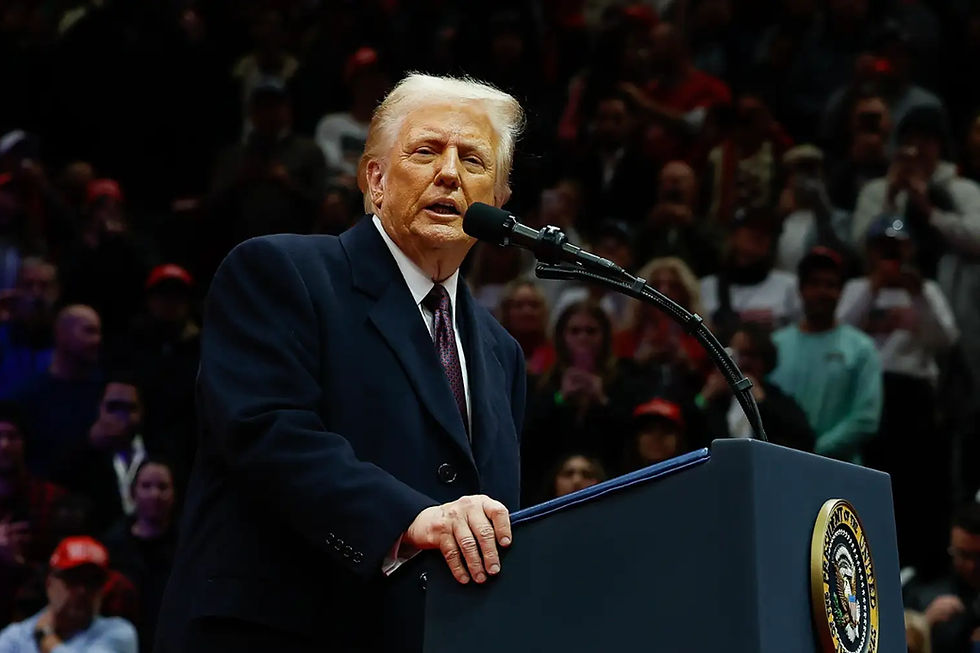Brazil Re-elects BRICS Co-founder As President
- Nicholas Shubitz

- Oct 31, 2022
- 3 min read
Updated: Jan 29, 2025
Lula da Silva’s re-election as Brazilian President is good news for BRICS expansion.
Corruption charges made Lula da Silva a controversial figure in the eyes of many Brazilians, but his supporters always maintained his innocence. Lula was arrested in 2018, while leading in the polls, and Bolsonaro was elected President. The judge who sentenced Lula (to over nine years in prison) was then made Minister of Justice in Bolsonaro’s government. In a stunning turnaround, the corruption charges against Lula were dropped last year, and he has just been re-elected Brazilian President, beating the right-wing Bolsonaro in a tightly contested election.
Bolsonaro, the pro-gun, pro-business, Catholic turned Evangelical, promoted a brand of populist conservatism which appealed to Brazil’s religious communities as well as the major agricultural interests in the country. But he was unpopular among environmentally minded young voters who demand greater protection for the Amazon. Deforestation accelerated under Bolsonaro to fifteen year highs and increased inequality during his presidency made him unpopular with the urban poor.
Lula, in contrast, has always been pro-poor. His Bolsa Familia welfare program is credited for large reductions in poverty during his first term in office. Bolsa Familia was the first nationwide policy of its kind in Brazil and the world’s second biggest social welfare program by the number of recipients after South Africa. Brazil is said to export enough food to feed a billion people. So when over thirty million Brazilians (mostly of African descent) were forecast to go hungry this year, the reversal of a decade of improved food security in a country with a history of widespread racial inequality became a major talking point during the recent election.
Lula is considered strongly pro-BRICS. He was Brazil’s president when the group first began organising official exchanges following the 2008 financial crisis and can be considered a co-founder of what is becoming an increasingly formal alliance. To be fair to Bolsonaro, he embraced BRICS too, but mostly as a platform to promote Brazilian economic interests. China is Brazil’s top export destination, receiving more than double the dollar value of goods than the Unites States. Bolsonaro was consequently an enthusiastic participant within BRICS, especially from an economic perspective.
While both Presidents can be considered pro-BRICS, Lula is generally expected to add additional dimensions to Brazil’s participation that go beyond economic pragmatism. While Bolsonaro often imitated Donald Trump by criticising China despite increased trade volumes between China and Brazil, da Silva is seen as more genuinely politically aligned with the BRICS, promoting a foreign policy agenda based on fostering relationships with other Latin American countries and the Global South.
President da Silva’s focus on environmentalism, sustainable development, and poverty reduction, resonate with the BRICS countries who face massive challenges in reducing poverty via economic development while preserving the environment for future generations. This can be seen in South Africa within the concept of a ‘just transition’. Lula’s commitment to preserving the Amazon could help offset some of the emissions that will be required to support economic development in poorer countries who often produce fewer emissions and yet are more at risk from climate change.
Brazil’s new president also inherits an economy in which agriculture makes up a much bigger share of Brazil’s GDP than last time he was president. He will need to find a balance between his climate goals and these powerful economic interests. Brazil’s rainforests are crucial to the planet, but at the same time Brazil’s agricultural output is equally important to Brazil’s economy, as well as the rest of the BRICS who want to keep food prices low for their large populations.
Lula is expected to advance BRICS co-operation and push for the inclusion of more South American countries, such as Argentina, in the alliance. While his environmentalism and big government approach are likely to find favour with the Biden White House, Lula will remain neutral with regards to the Ukraine conflict despite good relations with Biden and pressure from his State Department.
Besides a greater focus on environmentalism, there is unlikely to be any major shift in Brazil’s policy positions within BRICS arising from the change in Brazilian leadership. Nevertheless, due to Lula’s left-wing political philosophy and his desire to promote multilateralism, Lula is inherently more politically aligned with the other BRICS governments and can be expected to accelerate the gradual expansion and formalization of the alliance in line with Brazil’s political and economic interests.




Comments